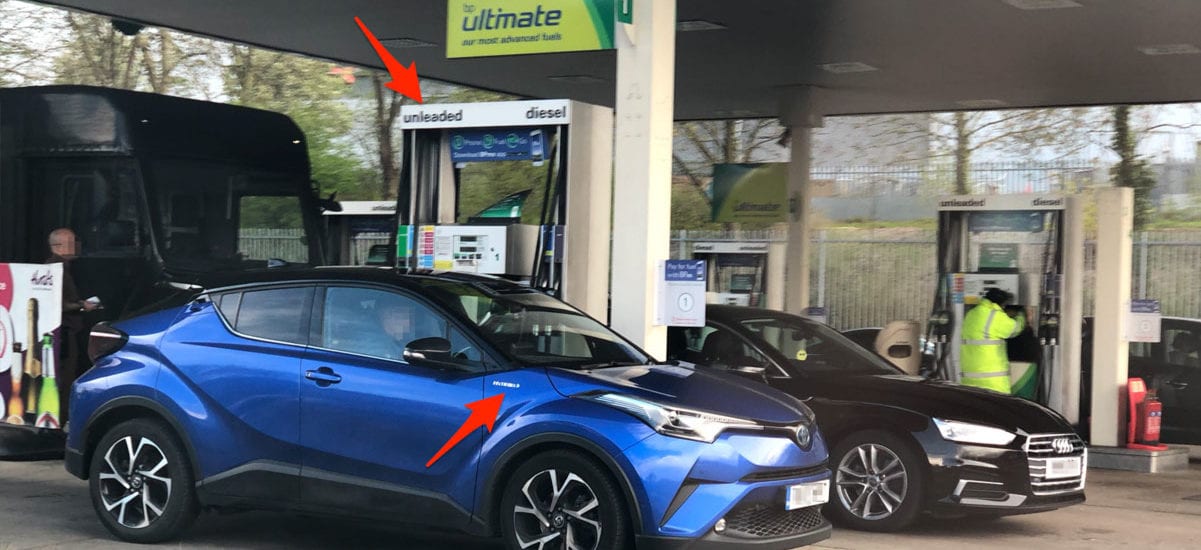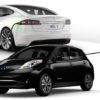At 10ways we hate to see consumers misled, as this influence often pushes us all to buy or do the wrong thing which generally leads us all to have less money in our bank accounts.
So recently we’ve become frustrated to see car companies such as Toyota, Lexus, Kia and Subaru heavily promoting what they describe as ‘a Self-Charging Hybrid’ as if it’s some groundbreaking new perpetual motion technology that is superior to other cars or vehicle types.
Whilst hybrids are generally superior to their equivalent Petrol / Diesel alternatives the term ‘Self-Charging Hybrid’ is simply a ‘clever’ rebrand/rename/marketing trick (AKA 🐮💩) designed in our opinion to mislead consumers which is not on, in fact in other countries, these adverts & the term ‘Self-Charging’ have been banned for being misleading to consumers but in the UK the adverts are still playing on our screens.
In the 22-years since Toyota launched the Prius, the technology in a Hybrid system has marginally improved but the fundamental result is still the same, the cars require you to exclusively fill them with petrol to be run at a cost of ~£40-£90 a tank and only providing less than 8 miles (often closer to 0.8 miles, yes that’s less than 1 mile) of electric range from the hybrid part of the system.
Self-Charging = 100% petrol powered
Whilst hybrids are generally great pieces of kit, what these adverts don’t show is that superior technology is available in the form of Plug-in hybrids (sometimes referred to as a PHEVs), range extender vehicles (an electric car with a tiny petrol generator topping up the battery) & fully electric cars, which all reduce your total cost to fill/drive dramatically whilst being better for the environment (especially your local environment) & often providing superior speed and handling improvements.
What’s also missed is that all of these car types (PHEVs, Range Extenders & Full EVs) ALSO use the same regenerative braking system that makes up a hybrid (or a ‘Self-Charging’ Hybrid if you’re one of the above companies), so buying one of these instead gives you the best of both worlds. Going one step further, by Toyota’s definition every single one of these alternative technologies could be classed as a ‘self-charging’ car.
The battery size in a current generation new hybrid (currently referred to as a ‘self-charging’ hybrid by some) is around 2.2kWh (using NiMh batteries) which is good for between around 0.8-4 miles of EV range but a battery in a new current generation plug-in hybrid is around 8.8kWh (using Li-ion cells that are superior), these will give you between 15-30 miles of super cheap electric range. Fully electric cars have batteries that are sized between 24-100kWh giving you 50-300 miles of range.
One issue that around 35% of us will have is that we don’t have a driveway to charge our cars on, however, there are solutions to this (shout in the comments if this is an issue for you and we will link you to a useful guide).
A hybrid for many is still a good car to buy, Toyota has sold over 10 million hybrids over the past 22 years but if any of you (or your family/friends) are considering a ‘self-charging’ hybrid be warned, the adverts in our opinion are misleading and vastly superior technology is available for not much more money (in fact some of the brands listed above actually sell them).
Thanks for your time, we hope you (& your bank balance) find these sort of posts useful.

















![How to get sent crates of Heineken 0.0 sent to your workplace [April 24th 2020]](https://10ways.com/wp-content/uploads/2020/03/heineken-100x100.jpg)






![One small lie, tons of milk & finally a happy member of staff [story]](https://10ways.com/wp-content/uploads/2015/12/milk-100x100.jpg)


